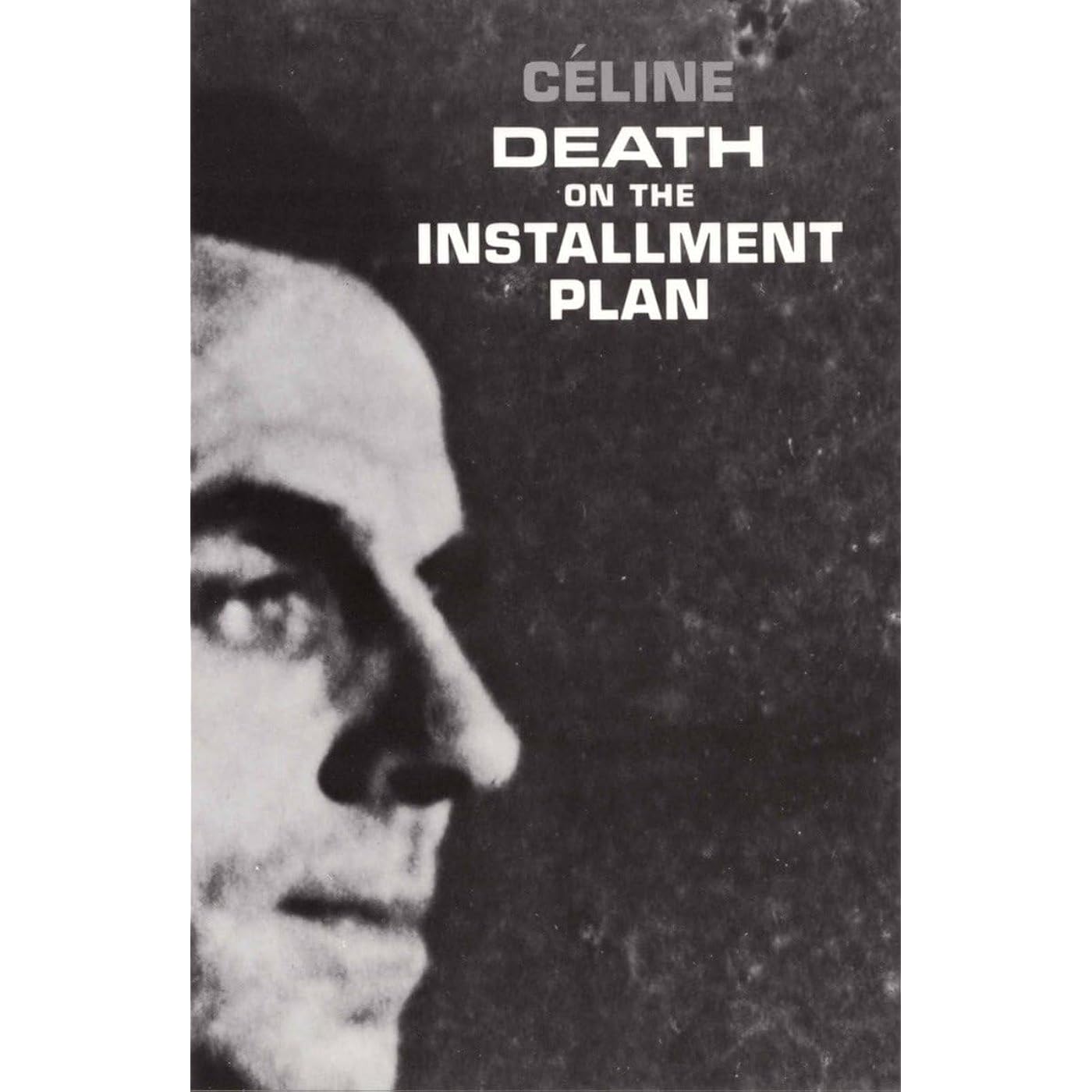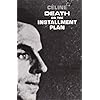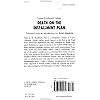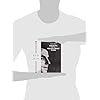



Ready to go? Add this product to your cart and select a plan during checkout. Payment plans are offered through our trusted finance partners Klarna, PayTomorrow, Affirm, Afterpay, Apple Pay, and PayPal. No-credit-needed leasing options through Acima may also be available at checkout.
Learn more about financing & leasing here.
Eligible for Return, Refund or Replacement within 30 days of receipt
To qualify for a full refund, items must be returned in their original, unused condition. If an item is returned in a used, damaged, or materially different state, you may be granted a partial refund.
To initiate a return, please visit our Returns Center.
View our full returns policy here.
Description
Death on the Installment Plan is a companion volume to Louis-Ferdinand Céline’s earlier novel, Journey to the End of the Night. Published in rapid succession in the middle 1930s, these two books shocked European literature and world consciousness. Nominally fiction but more rightly called “creative confessions,” they told of the author’s childhood in excoriating Paris slums, of service in the mud wastes of World War I and African jungles. Mixing unmitigated despair with Gargantuan comedy, they also created a new style, in which invective and obscenity were laced with phrases of unforgettable poetry. Céline’s influence revolutionized the contemporary approach to fiction. Under a cloud for a period, his work is now acknowledged as the forerunner of today’s “black humor.” Read more
Publisher : New Directions (January 17, 1971)
Language : English
Paperback : 592 pages
ISBN-10 : 0811200175
ISBN-13 : 72
Item Weight : 1.18 pounds
Dimensions : 5.2 x 1.6 x 8.1 inches
Best Sellers Rank: #75,988 in Books (See Top 100 in Books) #233 in Dark Humor #2,743 in Classic Literature & Fiction #6,371 in Literary Fiction (Books)
#233 in Dark Humor:
#2,743 in Classic Literature & Fiction: